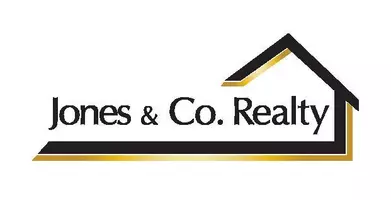UNDERSTANDING YOUR CREDIT SCORE
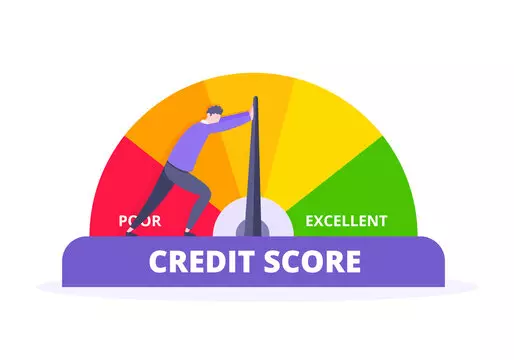
The first step to buying a home, even if you need to sell your current home first, is getting a clear picture of your finances, fixing any problems with your credit that might hurt your changes of getting a loan and then seeing a lender.
HOW YOUR CREDIT SCORE IS COMPILED
The Fair Isaac Corporation (FICO) is the company that compiles our three-digit credit score (from 300 to 850) which is then used to determine our credit worthiness.
Consumers with low scores, (typically less than 620) are considered to be at a higher risk for non-repayment than those with high FICO scores (more than above 720).
When determining a credit score, FICO looks at your credit reports. They consider payment history, how much debt you owe and the highest amount owed, the type of credit you use and the length of your credit history.
HOW YOUR SCORE IS USED
Your payment history will account for 35 percent of your FICO score and late payments severely impact it.
Open account balances make up 30 percent of your FICO score. Balances that are within 30 to 40 percent of your credit limit work in your favor.
Sure, you can get certain loans with a lower-than-620 credit score but you'll pay a higher interest rate for the loan and thus, have higher mortgage payments each month. It's worth the time it takes to clean up mistakes and problems on your credit reports.
Sometimes, making just a few easy changes in how you pay your bills can have a big impac on raising your score. Lowering your credit card balances to within 30 percent of your credit limit is one strategy.
Once you've cleared up any credit issues and visited a lender to learn how much you can pay for a home, the fun part begins!
Categories
Recent Posts

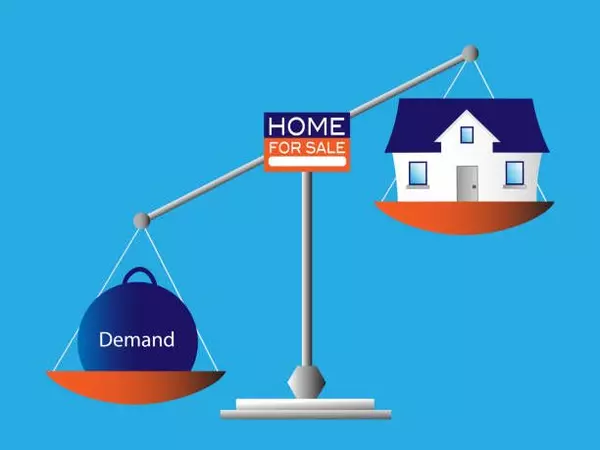


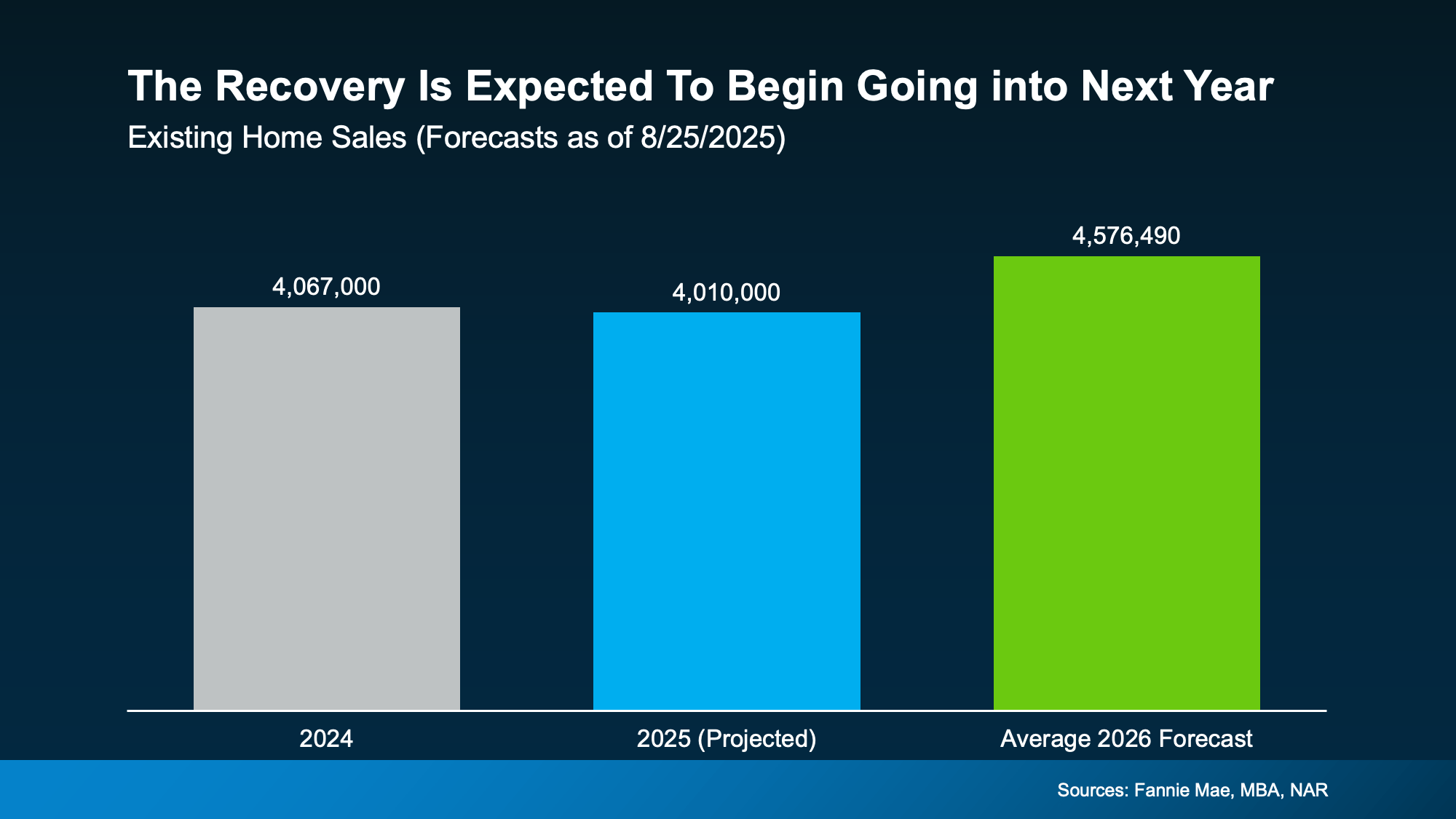
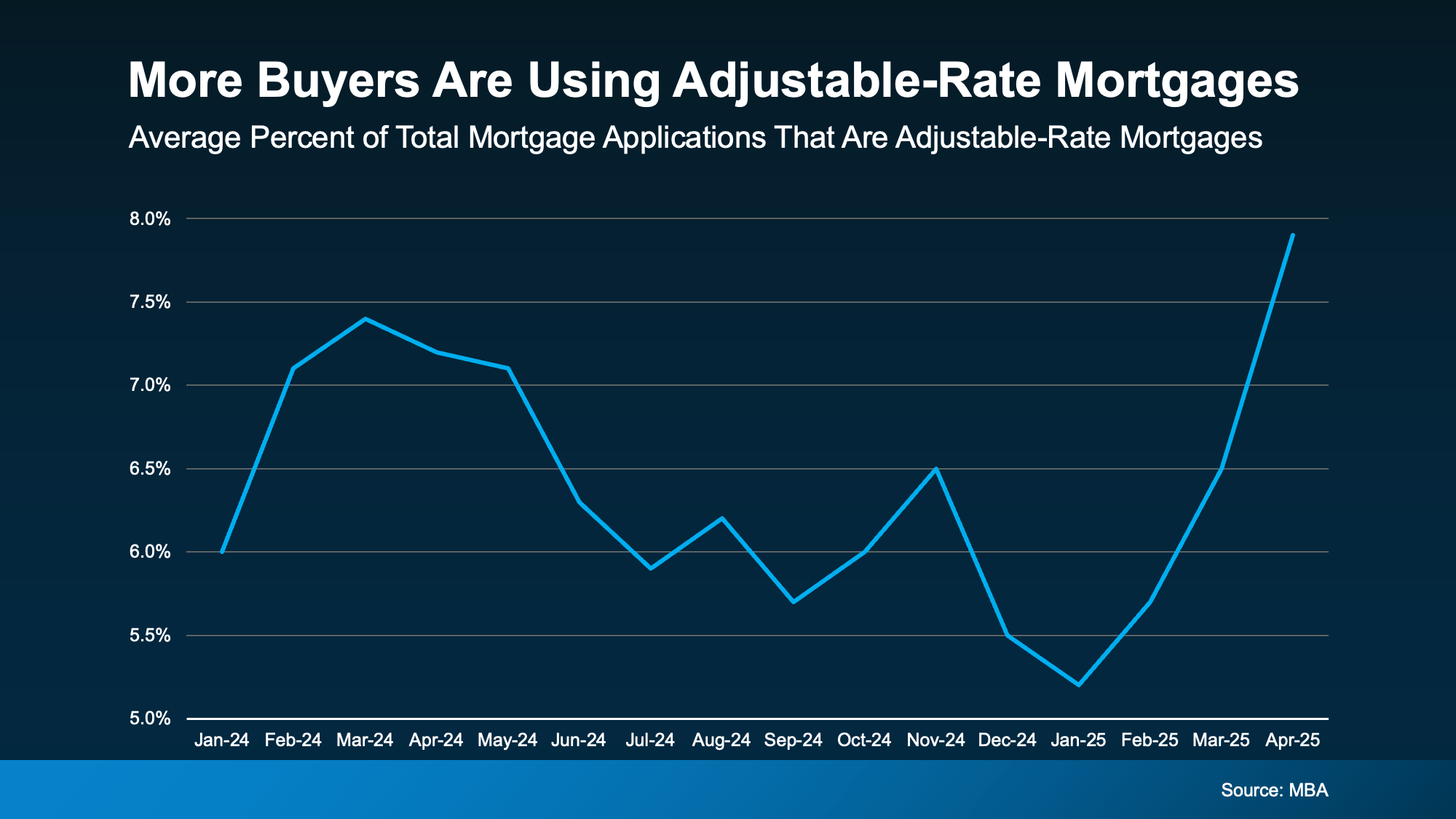
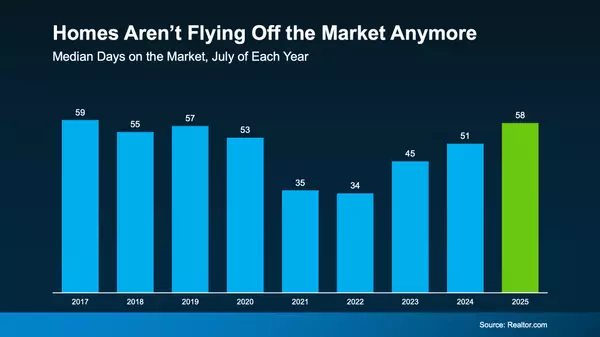

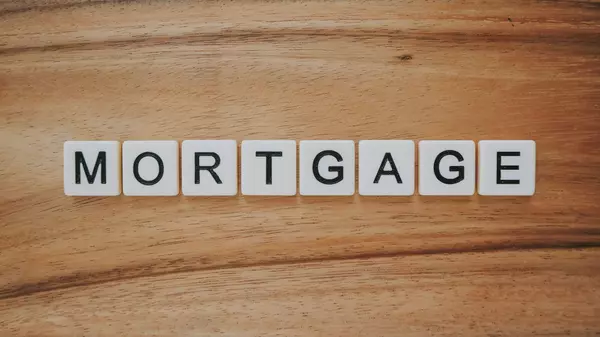
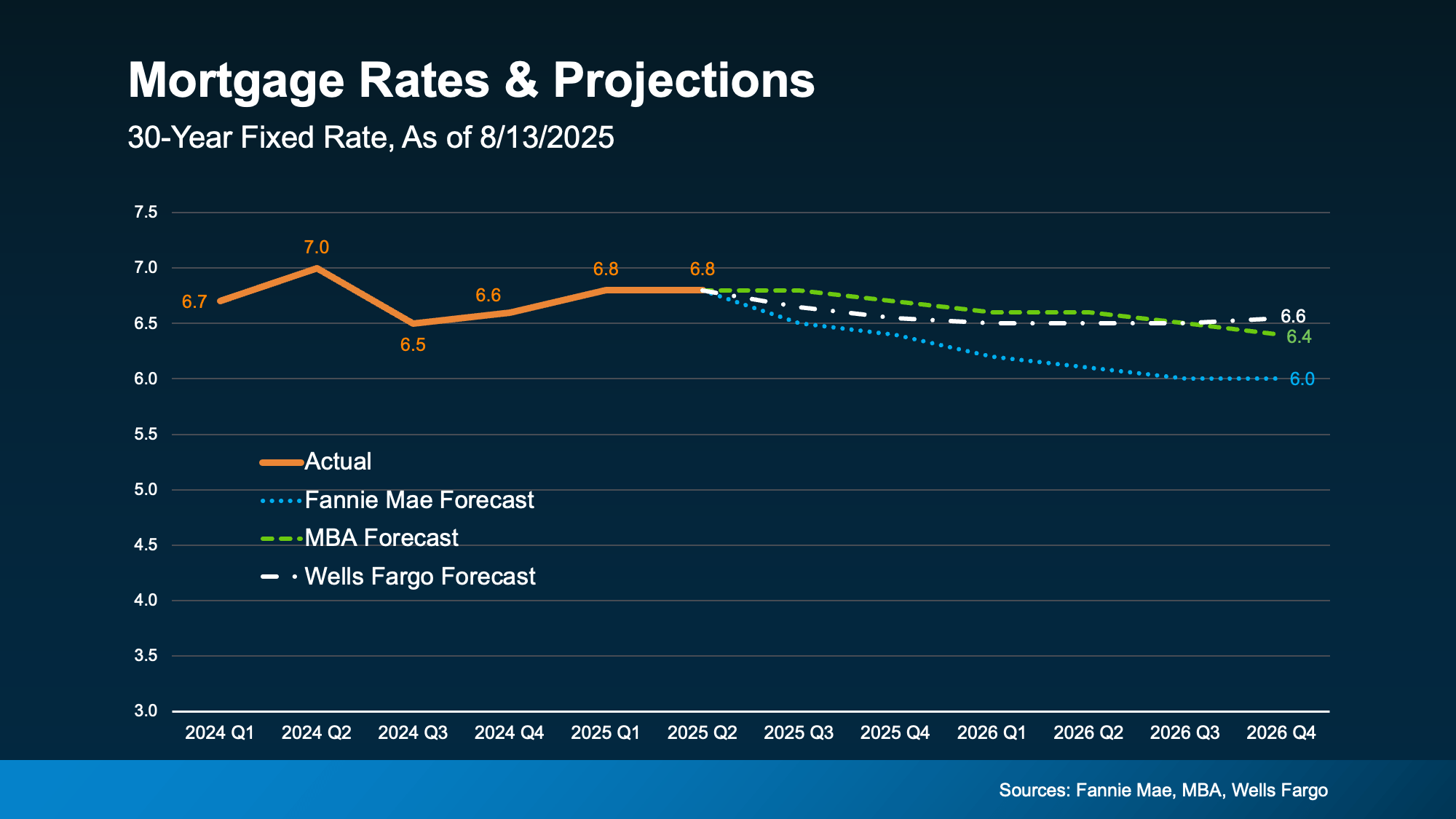
GET MORE INFORMATION

Billee Silva, PA, ABR SRS
Licensed Realtor | License ID: P3275278
Licensed Realtor License ID: P3275278
